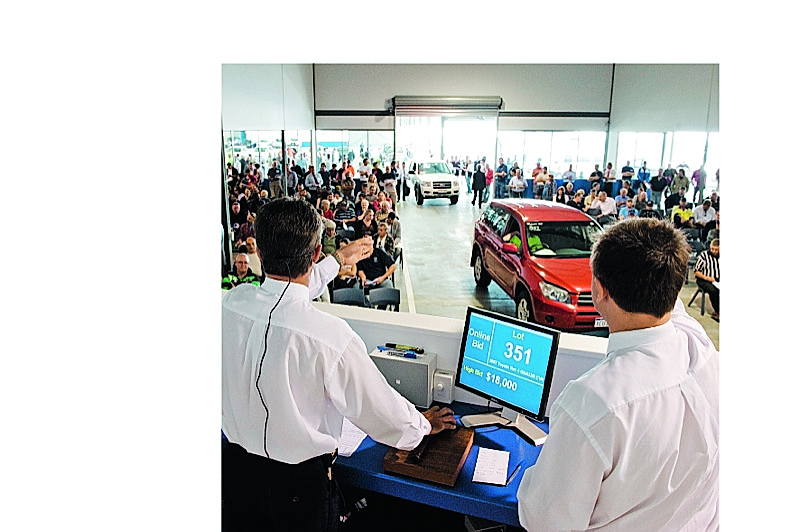You’ve probably heard about the bargains to be had at car auctions. Tread carefully; it’s a minefield in there.
My mate Joe has been going to auctions for years. He’s a professional car detailer and picks up work from the dealers and wholesalers who make up the regular customer base. He sees the people he calls the wood ducks making errors all the time.
“They forget they’re up against buyers who have been coming for years,” Joe says. “I’ve seen beginners getting excited when they figure a car will be a bargain because the professional buyers aren’t bidding. It doesn’t occur to them there’s a reason these guys aren’t interested.”
So what are the traps?
“What’s hardest to get used to is how fast it happens,” says Joe. “On average, a car takes 90 seconds to sell, some take less than a minute. You have to be fast; if you’re not, the auctioneer will knock it down to a regular.
“Go on a weekday, not a Saturday. The professionals tend not to come on Saturdays and auctioneers often start the bidding $1000 higher than weekdays.
“At the really big ones, like ManheimFowles (in Altona), there can be three auction lines going at once and this gets tricky. You may think you’re bidding for the car in the first line but find your bid is being taken for the car in the second.
“The key is to know what you want and how much you’re going to pay, and stick to it.
“If the car you want goes over your budget, come back next week. You have to be as cold and efficient as the regulars,” he says.
The cars are mostly from government fleets or car dealers who have taken them as unwanted trade-ins. While the service history is usually available (you may have to ask to see it before the auction) and a brief history of the car is displayed, you don’t get a test drive. At best you’ll be allowed to start the engine.
The engine bay has usually been steam cleaned, the car is washed and the interior vacuumed, but it’s seldom a thorough job.
“You’re mostly looking for repaired damage,” Joe says. “Check the dipstick for sludge in the oil. If the radiator has water rather than coolant, forget it. Check the tyres and make sure the registration is current. Look for exhaust smoke.”
He likes ex-government cars (“even though they’re white”), especially high-mileage ones from the country that have done most of their travels with a thoroughly warmed-up motor.
So how many auctions does he think you should attend before buying? “I can’t think fast enough,” says Joe. “I find a wholesaler to bid for me and sling him $100.”
reasdown@theweeklyreview.com.au
THINGS YOU DIDN’T KNOW ABOUT MOTORING…
The 10 most expensive cars bought at auction are a Duesenberg, a Ford GT40, two Mercedes-Benzes and six Ferraris.







